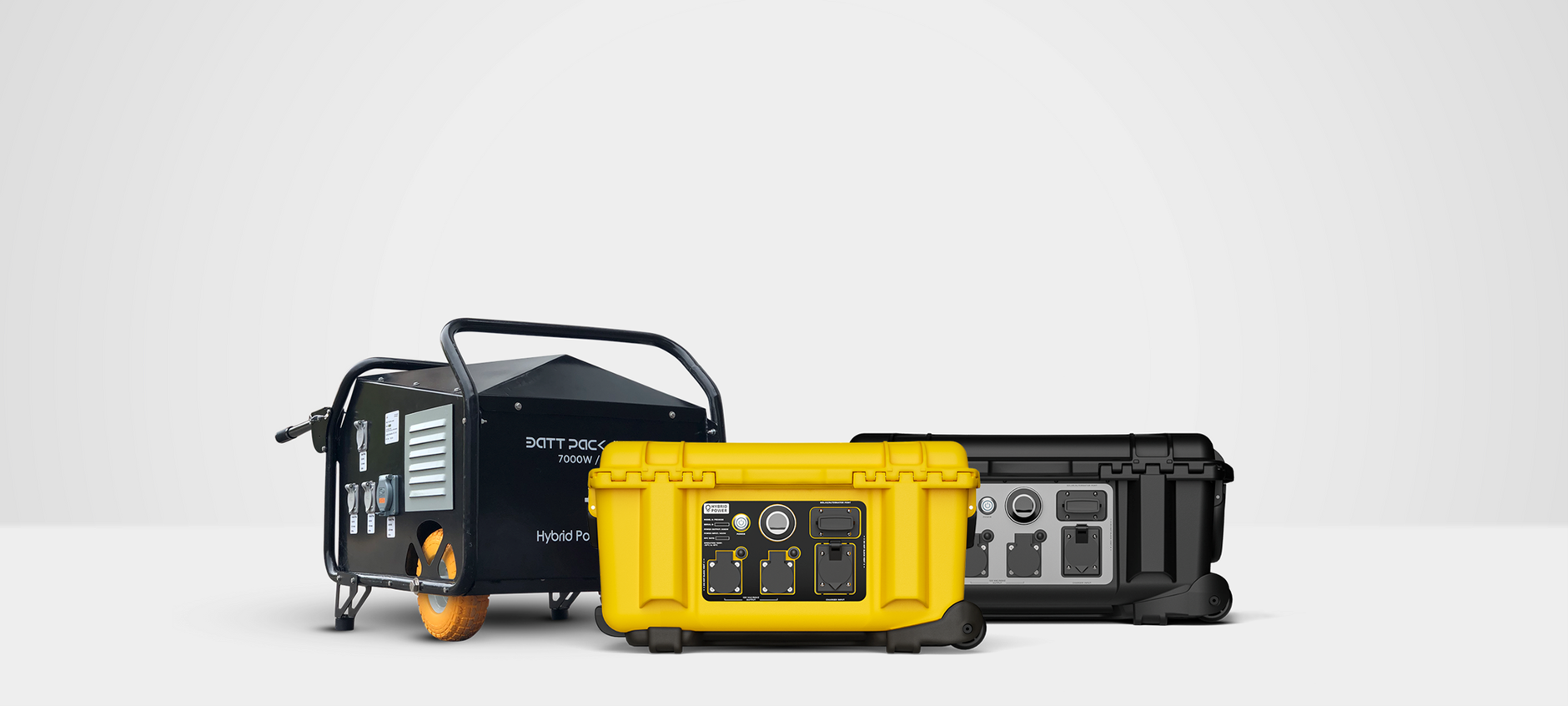Hybrid Power Solutions’ Portable and Robust Power Packs Can Solve Several Military Challenges

As the Canadian Armed Forces (CAF) seeks ideas for energy systems to power camps, mobile shelters and other infrastructure, one company hoping to attract the Army’s attention is Hybrid Power Solutions.
Formed less than four years ago by an engineering graduate from Carleton University with a background in building hybrid race cars, the small Mississauga, Ont, company has made its mark with industrial battery applications in rail and transit construction and mining.
Founder and owner Francois Byrne said selling to the government can be complicated and intimidating, but he believes Hybrid Power Solutions portable and robust power packs would solve a number of challenges the military is trying to address.
“We saw the military as a giant whale that was kind of intimidating. It’s a different world for us. But we know we have a product that would be awesome: The ability to have power anywhere in the world without the logistical issues of bringing in fuel. We are starting to see a shift in most industries to this kind of solution.”
Byrne has looked at the Innovation for Defence Excellence and Security (IDEAS) program, especially its pop-up city contest to find “reliable, energy efficient, integrated and scalable energy systems” for CAF temporary camps, but said it can be difficult for innovative start-ups to find the right fit in such programs, even when the goal is to attract small innovators. Often, potential customers don’t know what to ask for when they don’t know it exists.
“People don’t understand that this solution is out there, the ability to power anything you want without having fuels involved,” he said. The company has supported Rheinmetall Canada’s Mission Master unmanned ground vehicle project, supplying the battery system, and is in discussions with a combat vehicle manufacturer about its technology. but is still knocking on doors to create awareness.
Among its products, Hybrid Power Solutions has developed a 4,000- watt, fuel-free replacement for gas and diesel generators that weighs about 40 kilograms and can operate outdoors or indoors in -20 to 50 degrees Celsius.
It’s been field-tested by miners, though Byrne admits the Army might be a next-level test “it can survive a miner, it’s a good start,” he said. “We’d love to get people out to take a look at what we can offer. I don’t mind lending out some units to these guys to try it.”

